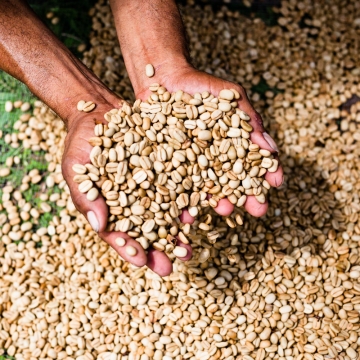Fragility of the provision of local public goods to private and collective risks
Smallholder agricultural systems, strongly dependent on water resources and investments in shared infrastructure, make a significant contribution to food security in developing countries. These communities are being increasingly integrated into the global economy and are exposed to new global climate-related risks that may affect their willingness to cooperate in community-level collective action problems. We performed field experiments on public goods with private and collective risks in 118 small-scale rice-producing communities in four countries.






